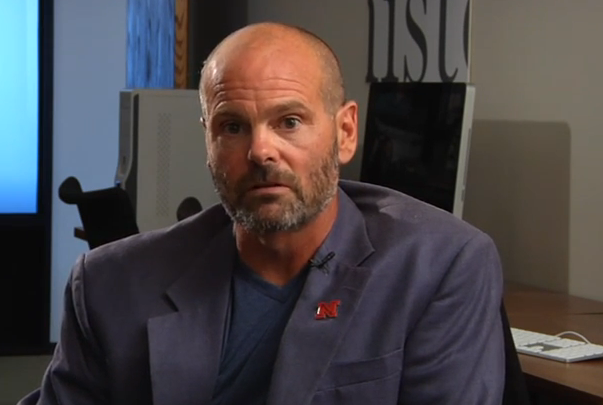
When terrorists murdered 12 employees and artists of the French satire magazine Charlie Hebdo on Jan. 7, the concepts of free speech, freedom of religion and secularization collided in the media.
In the wake of the attacks, few questions were asked about how and why the gunmen became radicalized Muslims; most media ignored the long, turbulent history of France’s secularization and the impact on its Muslim citizens.
James Le Sueur, UNL professor of history who specializes in France and Algeria, is in Washington, D.C., on Jan. 22 as a member of a panel discussing the attacks at The National Press Club. Le Sueur is joining four other panelists for the gathering that will host several hundred members of the media, policymakers and think tank associates.
The panelists are Radwan Masmoudi, founding president of the Center for the Study of Islam and Democracy; Dalia Mogahid, former executive director of the Gallup Center for Muslim Studies and advisor to the White House on issues related to Islam; Nihad Awad, executive director of the Council for American Islamic Relations; and Imam Talib Shareef, resident imam of The Nation’s Mosque.
Le Sueur has been invited by several media outlets since the attacks to lend his expertise; he has been a regular contributor of essays in The Walrus and during his time on the National Press Club panel will speak about the attacks’ intellectual aspects and historic implications.
“There has been a lot of talk about laïcité, or secularization, in France,” he said. “The French media was using this idea of laïcité as a way to talk about free speech. This is an inexact misuse of that word.”
Laïcité refers to a group of laws in France that abolishes religious involvement in education. Le Sueur said that instead of using it to talk about free speech, the media should be examining how these laws have come about. The discussion has led to the alienation of many Muslim youth in France.
“In March 2004, laïcité laws were passed. These laws banned ostentatious displays of religion in schools,” he said. “The laws were originally intended to limit the power of the Catholic Church, but they are now used to domesticate Islam.”
In one instance that attracted international attention, a woman was forced to leave the Paris Opera House because she was wearing a traditional Muslim head covering.
“I’m explaining the origins and genealogies of radical Islam in France,” Le Sueur said. “I will be speaking to topics such as how France should address radicalized Muslim youth today.”







